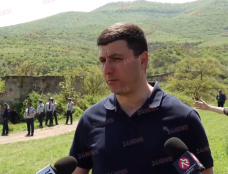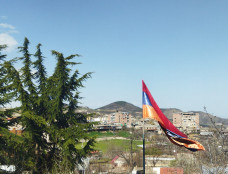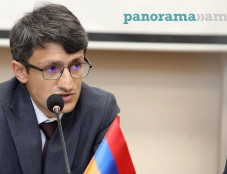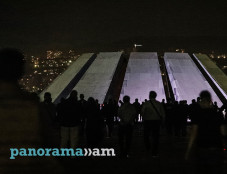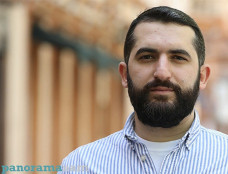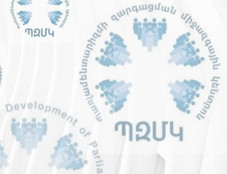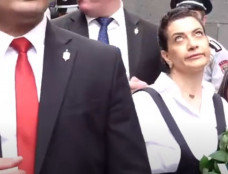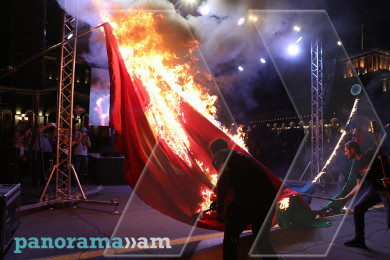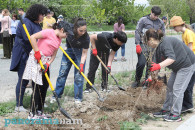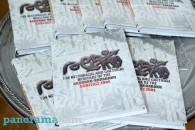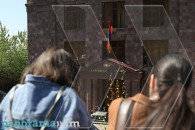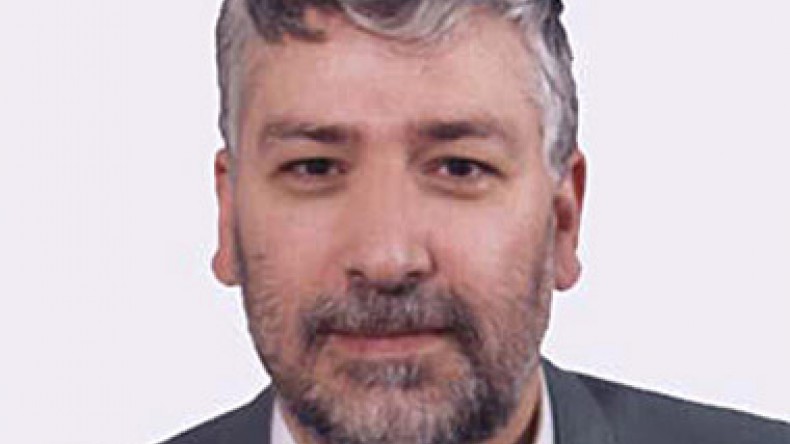
Lifting of sanctions will take a few years – former Iranian official
An interview of Irdiplomacy.ir with Dr. Abbas Maleki, a former Iranian deputy foreign minister.
- How would you assess the record of the ninth and tenth administrations in the area of foreign policy in general? What were the positive and negative points of the government in foreign policy?
- One can assume foreign policy as a golf ball which is moving in a gas pipeline with a 13-inch diameter. This ball can move fast or slow, can reach the highest point of the cylinder or the lowest point and can move to the right or the left. Therefore, we have a golf ball which firstly moves and, second, changes its position every second and moves up, down, right, and left. But its movement is limited to the inside walls of the pipeline. The foreign policy of countries is similar to this golf ball. It can have a high speed or low speed; it can move left and right or north and south. But it cannot pass through the walls of the pipeline, which are the limits of foreign policy. National interests are one of the limitations of foreign policy.
With this definition, the foreign policy of any country is not completely free to do whatever it wishes or implement whatever decision that is made. Thus, the foreign policy of a country cannot be completely different in different periods, but, like the golf ball, can move with a higher speed or on a higher level.
In my opinion, Iran’s foreign policy in the ninth and tenth administrations can be interpreted in two levels.
The first level is in the international scene; from a quality perspective, Iran was faced with numerous problems in the international scene. I believe that the first and most important of those problems was the institutionalization of hatred towards Iran in the majority of other societies. When I explicitly say the majority of countries, I have a research basis for my claim. Iran was a country which always put a smile on the lips of men and women from other countries. By hearing Iran’s name, they would have said, “Oh Persia or Iran, ancient civilization, carpets, Isfahan, beautiful deserts, and hospitable people.” But during this period, due to the numerous mistakes made by Iran’s government and also due to the timely usage of the forces dominant over global media and pressure groups in different countries, the word Iran and Iran’s issues brought about an image of a radical and non-reformable country in many parts of the world. Today, high school and university textbooks in the US and Europe and even in Arab countries are filled with insults to Iran and the Iranians, the reform of which would take many years.
In foreign policy, the government was willing to have more activities. But this willingness remained at a low level. Iran’s president visited other countries, but these visits did not have great achievements. First, the number of countries was low and they were visited several times repeatedly. Second, the pressures caused by the sanctions prevented the expansion of Iran’s economic relations with other countries. Therefore, the foreign policy of the ninth and tenth administrations, like the other periods, was confronted with certain limitations, but this time they were more.
In the second level, meaning inside Iran, the ninth and tenth administrations used foreign policy to advance their domestic policies. The populist approach with regards to issues like nuclear energy, Security Council resolutions, and relations with the Latin American countries, was more aimed at justifying the issues for the different strata of Iranian society than safeguarding Iran’s interests in the international scene.
- During the past few years, numerous sanctions were imposed by the Security Council and the West on Iran. To what extent were these sanctions problematic in Iran’s foreign policy? Does the government have to use all its power to solve the issue of the sanctions?
- These sanctions are the worst part of the foreign policy record of the ninth and tenth administrations. In my opinion, we could have been able to prevent the sanctions imposed by the Security Council resolutions. The sanctions imposed by the US Congress are caused by the absence of people or groups which could safeguard Iran’s interests in Washington. But now Europe’s sanctions are not less damaging than the US sanctions and Iran’s foreign policy is faced with this problem. These sanctions started from the top of the policy-making process of other countries and have now reached the economic, financial, and social sectors of these countries. For example, following the Azerbaijan earthquake in Iran, the Foreign Investment Control Bureau, which is under the supervision of the Treasury Department, the Commerce Department, and the State Department, stated that sending humanitarian aids for the earthquake-stricken people of Iran is exceptionally permitted, but no bank accepted to transfer this money to Iran. The last point is that the lifting of these sanctions will take several years. Even if the executive officials of the countries decide to lift these sanctions, it will take many years to lift the sanctions which are mainly adopted by the representatives of the Congress and parliaments.
- Foreign policy issues were one of the most significant issues of the election campaigns; the presence of two secretaries of the National Security Council of the country and the top nuclear negotiators during recent years especially inflamed this issue. To what extent can it be said that this election and Mr. Rohani’s victory will lead to a change in foreign policy?
- Iran’s foreign policy has already had great changes with the victory of Mr. Rohani. His reconciliatory discourse with other countries during his campaign and also the press conference following his victory displayed a new path in Iran’s foreign policy. I even want to suggest that he take advantage of the situation and dispatch an envoy or a small delegation, with responses to the congratulatory messages of the leaders of other countries, to their capitals.
His response can be general and positive. But while delivering his letter, the representatives of Iran’s president-elect can talk with the leaders of other countries. They can speak about the realities of the Iranian society and negotiate for more cooperation and reduction of sanctions. I don’t believe that we have had such an opportunity in the past, and only God knows if it would happen in the future.
- How would you assess the prospect of Iran’s foreign policy during Mr. Rohani’s presidency? Will he follow the same foreign policy as Mr. Hashemi and Mr. Khatami?
- In my opinion, there are numerous capacities in our foreign policy which could blossom during his presidency. If we are to categorize the foreign policy issues, the following list of priorities would be possible:
1. Regionalization and the issue of the collective security of the Persian Gulf
2. Iran-US relations and the issue of sanctions
3. Policy-making in the field of energy and the issue of crude oil prices
4. The legal regime of the Caspian Sea and the issue of relations with the Republic of Azerbaijan
5. Relations with Afghanistan and the issue of the Hirmand body of water
But I repeat that our golf ball is located in a pipeline that cannot move beyond its restrictions. If the foreign policy of Mr. Rohani acts faster and does not wait until the transfer of power, and also uses the expert forces of the Foreign Ministry, and takes public diplomacy seriously, it can act, in my opinion, more efficiently than the presidencies of Mr. Hashemi and Mr. Khatami. Mr. Rohani’s different approach can be the better use of two social forces in other societies, which has, hitherto, been ignored; first the legislators in other countries, especially in the US Congress, and second, the media and the producers of media content, who are the university professors and experts.
Newsfeed
Videos







